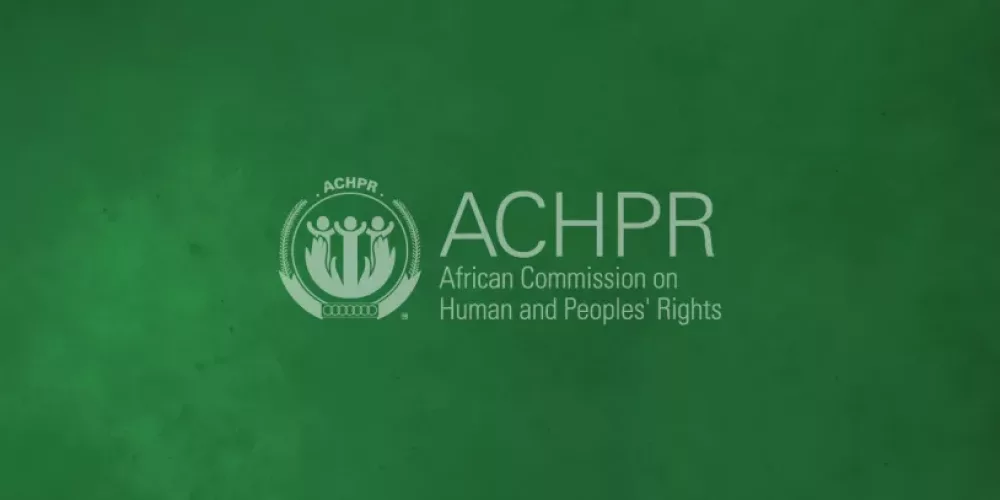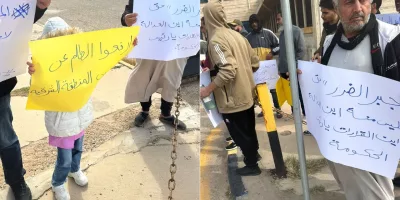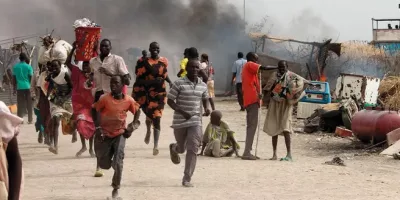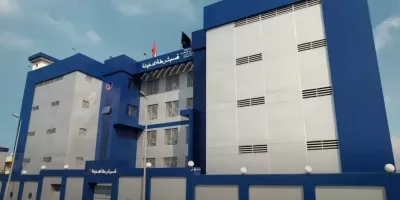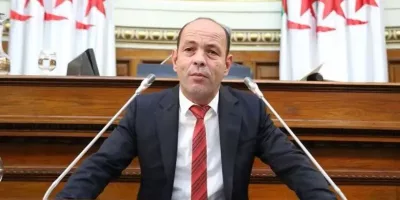Banjul, The Gambia — The NGO Forum on the Participation of Non-Governmental Organizations in the 85th Ordinary Session of the African Commission on Human and Peoples’ Rights (ACHPR) has adopted a consolidated resolution on the human rights and humanitarian situation in Sudan. The resolution brings together submissions made by several civil society organizations, including the Committee for Justice (CFJ), whose thematic contributions were integrated into the final text adopted on 19 October 2025.
The resolution expresses alarm over the armed conflict that erupted on 15 April 2023 between the Sudanese Armed Forces (SAF) and the Rapid Support Forces (RSF), which has intensified a long-standing pattern of structural abuses and impunity. It highlights the immense humanitarian impact, described as the world’s largest displacement and hunger crisis, with more than 12.8 million internally displaced persons, over 3 million refugees, and over half the population facing crisis levels of hunger.
The adopted resolution strongly condemns grave violations committed by both the SAF and RSF across Sudan, including extrajudicial killings, massacres, mass displacement, looting and destruction of property and crops, arbitrary detention, torture, enforced disappearances, sexual and gender-based violence, and ethnically targeted and retaliatory attacks. It further expresses alarm over the findings of recent fact-finding missions documenting widespread and systematic SGBV used as a weapon of war by SAF, RSF, and allied militias, particularly targeting Masalit women and girls.
The resolution highlights the severe risks faced by women and girls in refugee camps in Chad, including sexual violence, forced marriage, trafficking, and lack of access to basic services, often under conditions of impunity. It raises concern over active surveillance and intelligence gathering by RSF operatives within refugee camps using advanced technologies, creating constant fear for survivors and Women Human Rights Defenders (WHRDs).
The Forum acknowledges the critical role of WHRDs working in refugee settings and stresses the need for their protection, recognition, and inclusion in justice and peace processes. It further recognizes the growing body of evidence indicating that many of the documented violations amount to war crimes, crimes against humanity, and potentially genocide.
The resolution also notes that domestic justice systems in Sudan have been paralyzed by political instability, armed conflict, lack of judicial independence, and legal immunities granted under the Armed Forces Act, Police Act, and National Security Act. It underscores the need for holistic justice approaches that include prosecutions, truth-seeking, reparations, and institutional reform.
The Forum called on the African Commission to urge all parties to the conflict to cease hostilities, end attacks on civilians, ensure unhindered humanitarian access, end starvation, forced displacement, and SGBV as methods of warfare, and take steps to restore civilian rule and accountability.
It further urges the African Commission to call on Sudanese authorities to restore judicial independence, repeal immunity provisions, ratify the Rome Statute, Malabo Protocol, and CEDAW, grant access to UN and ACHPR Fact-Finding Missions, cooperate with the ICC by executing arrest warrants, ensure reparations for victims, protect civil society and HRDs, and prevent, investigate, and prosecute SGBV through survivor-centered mechanisms.
The resolution calls on the AU Peace and Security Council to deploy an AU-led civilian protection mission, integrate accountability into peace negotiations, consider a hybrid court for atrocity crimes, support WHRDs and civil society, and ensure resources for the ACHPR Sudan Fact-Finding Mission.
It also calls on the United Nations to impose a comprehensive arms embargo, enforce targeted sanctions, coordinate FFM work, and support justice initiatives. Finally, the Forum encourages African states to enact universal jurisdiction laws, prosecute suspects of international crimes, support ICC arrest warrants, leverage the ICJ, cease support to Sudan’s war economy, and provide support to Sudanese civil society documenting violations.
CFJ reiterates its commitment to accountability and documentation efforts in Sudan, and to working with regional and international mechanisms to advance justice for victims and their families.

